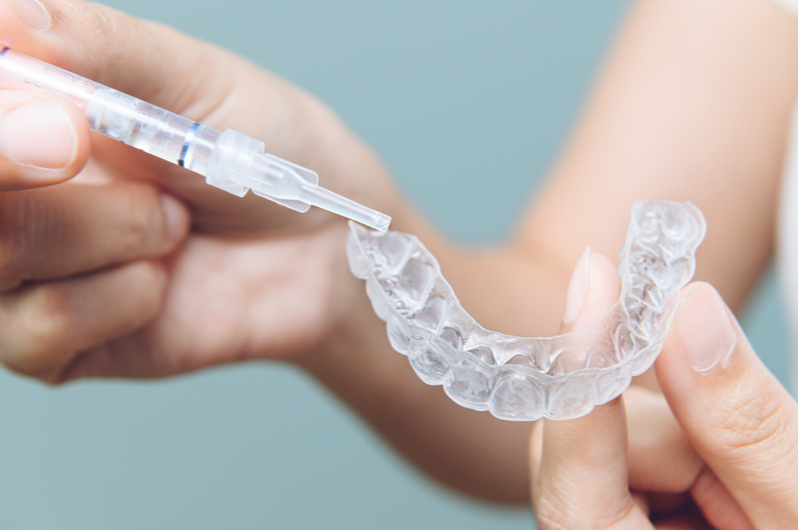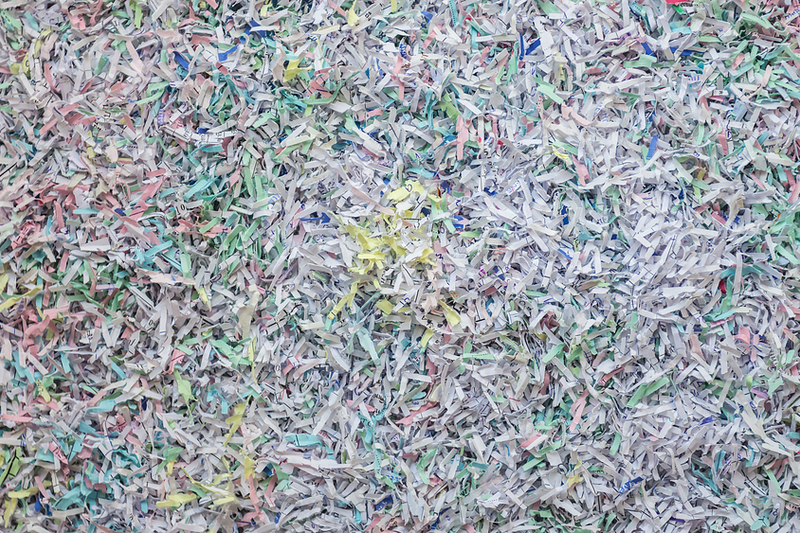The Best Teeth Whitening Options
The best ways to whiten your teeth are effective, safe, and affordable. Learn about the best teeth whitening options available for your smile today.Teeth whitening is a cosmetic process, which needs to be conducted and performed safely and correctly to obtain the desired results. The process is completable via numerous over the counter and professional methods. While each method shares a similar final goal, they all pursue this collective goal in different manners.
The best ways to whiten your teeth are effective, safe, and affordable. Benefits and typical costs of whitening your teeth vary based on type and application process. Read ahead to learn all you need to know about the best teeth whitening options available for your smile today.

Teeth Whitening 101
One of the best ways to ensure your teeth maintain their health and shiny-white quality is to keep them constantly clean. The National Institute of Dental and Craniofacial Research (NIDCOR) and the U.S. Centers for Disease Control and Prevention (CDC) both recommend brushing your teeth thoroughly twice per day. Further studies by the National Library of Medicine (another division of the National Institutes of Health or NIH) indicate brushing your teeth twice per day reduces plaque, which is a substance partially responsible for tarnishing your teeth.
Brushing and professional dental cleaning are often not enough to keep your teeth as white as possible, however. Affordable over the counter (OTC) toothpastes and other DIY products and methods are available. These types of products and methods include leave-in kits and all-natural processes and ingredients. Professional whitening services are also available and highly effective, albeit at a higher price. Certain leave-in kits are also considered professional service-based products.
How It Works
All teeth whitening processes are conducted by using various types of peroxides. Peroxides contain oxygen molecules. When oxygen molecules interreact with stains on your teeth, they do so with a productive volatility. The chemical bonds holding the surface stains on your teeth intact are broken up by this volatile process and eventually rinsed away. This process, more commonly referred to as bleaching, is often fortified by combining fluoride with the peroxide(s) in the teeth whitening compound.
Professional vs. DIY and Over-the-Counter (OTC) Options
Several factors are important to consider when choosing between a professional and DIY or OTC teeth whitening product or process. The first factors to consider are your safety, and how safely the product or procedure accomplishes its goal. Secondly, every professional teeth-whitening service provider will recommend using a professional service over a DIY method. Certain benefits do apply and will be discussed in more detail below. Many OTC methods use similar approaches and ingredients to professional services, however, so what are the main similarities and differences between the two?
Professional
Professional teeth whitening services are well-supplied facilities with everything needed to safely provide the results you seek. Processes are supervised by experienced practitioners as well, which provides an extra level of comfort and security for clients/patients. Prices tend to be higher for professional services, primarily because of these specific features. Customization of services is also available, however, which also impacts costs.
DIY/OTC Options
DIY and OTC teeth whitening options include solutions, strips, wearable kits and other methods and products. These options are typically more affordable than hiring a professional service. Various results are experienced as well, although certain products and methods are effective. Some of the best DIY/OTC options on the market today include:
- Crest 3DWhitestrips Original Teeth Whitening Kit (with LED light) - rated as best whitening strips.
-
AuraGlow Complete LED Whitening Kit - most affordable quality option.
-
Hismile PAP+ Teeth Whitening Kit - rated as best for sensitive teeth.
-
Glo Science - Brilliant Personal Teeth Whitening Device - best for fastest whitening results.
-
Snow At-Home Teeth Whitening (All In One Kit) - rated best overall by most sources.
-
Smile Direct Club - Great customer reviews and excellent prices. Options for $49 a kit or lower!
Pros and Cons of All Natural Options
Because many OTC and professional whitening options use peroxides as their primary ingredients, some consumers believe it is safe to apply typical hydrogen peroxide products to their teeth. This is not the case, however. In fact, only products bearing the American Dental Association (ADA) Seal of Acceptance should be used to whiten your teeth without professional assistance.
- DIY Peroxide Treatments
If the peroxide you use is significantly diluted, you will experience some disinfection and the removal of certain bacteria. The solution of peroxide you would need in isolation to effectively bleach your teeth is likely to first cause irritation or damage to your gums, however. Higher concentrations of peroxide might also cause acute tooth sensitivity as well. When a professional service provider uses peroxides for teeth whitening purposes, they do so with every precaution intact to protect your gumlines. Therefore, when using peroxide on your own you must use it carefully and at lower concentrations to avoid potentials risks.
- Oil Pulling
Oil pulling refers to the method of swishing specific types of oil around your mouth to eliminate plaque-causing bacteria. This traditional Indian folk remedy was invented to remove toxins from your body and bolster your oral hygiene - in addition to whiten your teeth. Popular oils used during the oil pulling process include:
- Sesame oil.
-
Coconut oil.
Coconut is the most popular oil choice due to its multiple health benefits and generally likeable flavor. This oil kills bacteria and reduces inflammation due to its high concentration of lauric acid. Certain studies have indicated the benefits of oil pulling include the elimination of gingivitis and plaque, the latter of which discolors your teeth. No scientific studies to-date prove oil pulling to be an effective whitening method, although the reduction of discoloring plaque is still highly beneficial.
- Baking Soda
Baking soda is added to many OTC whitening toothpastes, sometimes also in combination with peroxide. When baking soda reacts in your mouth it penetrates in between your teeth and hard-to-reach areas of your gumline for a deeper cleaning experience. Baking soda also helps break down plaque without causing damaging abrasions to your teeth’s enamel. Baking soda is an excellent option for consumers who do not wish to use fluoride and instead seek a safe, all-natural and somewhat effective method of whitening their teeth.
Benefits of Professional and OTC Teeth Whitening
If affordability is what you seek, OTC teeth whitening products are your best choice. If efficacy is your priority, however, professionally facilitated whitening services are proven to provide better end results. Still, OTC products and methods are easy to obtain and generally easy to use. They also require more effort and time spent on your part, although this is a commonly known tradeoff for saving hundreds of dollars (at least) per treatment. SmileDirectClub provides one of the most popular home-use whitening kits on the market today. This product might provide the best possible combination of a professional-grade whitening method in a DIY home kit. Kits purchased through professional services such as SmileDirectClub are also customizable to the shape and size of your teeth. This helps prevent whitening fluid from leaking onto your gums or tongue.
Professional whitening services allow practitioners to isolate individual teeth with a safe level of precision. This benefit is not typically available through OTC kits and other products/methods. Because many home whitening kits are affordable, choosing an OTC strategy allows from some exploration until you find what works best for you.
Typical Costs of Professional and OTC Teeth Whitening Services
Many dental-related procedures are considered cosmetic and therefore not covered by most standard health insurance companies. This results in most clients paying out-of-pocket to have their teeth whitened by a professional service provider. Multiple potential aspects are involved in the process as well, each with their own costs. For example, the typical costs for a standard teeth-whitening package range between $450 and $1,000 per session or treatment. Customized whitening trays (recommended) are priced between $100 and $600 per set. LED kits cost between approximately $50 and $300, while DIY whitening strips cost only $10-$50 per pack.



